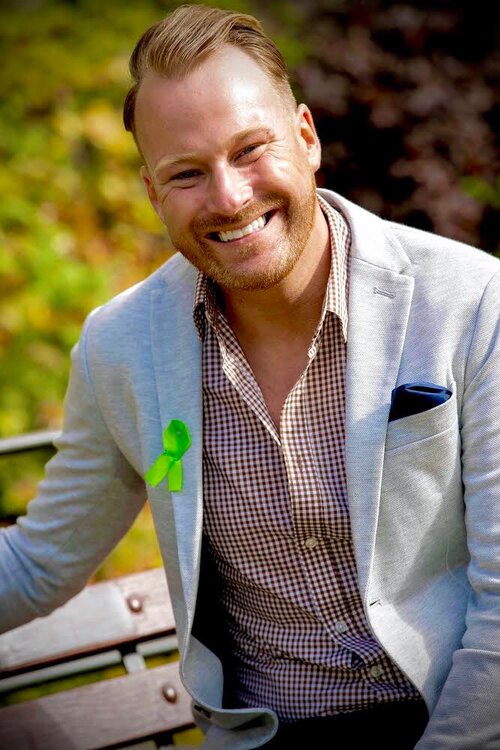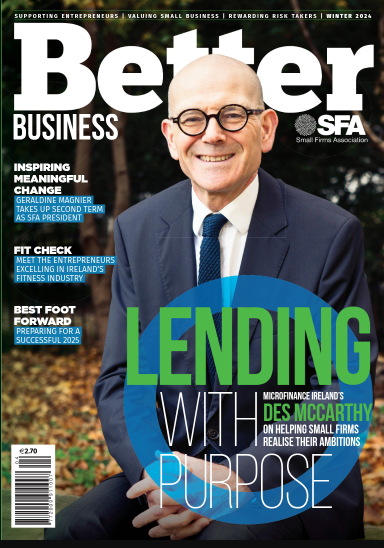David Casey, Decare’s thought-leader on the future of wellbeing, discusses his pioneering doctoral research at Trinity College and why reclaiming social capital for a social species should be top of the list for businesses this year
As the option to convene presents itself once more, reclaiming what we’ve lost and retaining what we’ve gained presents a unique opportunity to design meaningful connection, as what happens between us is what truly matters.
As we enter another year of uncertainty and change in our work practices, 2022 will shine a spotlight on our organisational needs. This will highlight that as employers, we must do more for the duty of care of employees. Workplaces now need to look beyond interventions in the workplace that target basic modifiable health risk factors such as diet, physical activity sleep etc and expand wellbeing to look at the whole person. My own doctoral research at Trinity College Dublin looks at ‘Unravelling Us’ as human beings and what makes us connect. Social capital is the value of connections around us. It is evident that social connection is a key determinant to our health. Connection should be considered in the same category of risk factors such as smoking, diet and exercise for example. It underpins our overall wellbeing and is a basic human need throughout our life course, from cradle to grave. Social connection is the experience of feeling close and connected to others. This involves feeling loved and cared for, valued and forms the basis of interpersonal relationships.
Human connection is the energy that exists between people when they feel seen, heard and valued. It is crucial to every business to understand that for 2022, that connection underpins everything from productivity to overall health. As human beings we are one of the most social species and connection is the most essential basic human need after food, water and shelter. Lack of connection or loneliness and isolation has been linked to inflammation, accelerated aging and cardiovascular health risk, suicide and early morality. Regardless of hybrid working, many adults spend more waking hours at work, whether in an office or at home. This is more than time spent with their own families and this may have a significant and chronic influence on our health and wellbeing. The influence of these relationships or lack thereof may affect individuals across the spectrum of workplace environments, roles and hierarchy. According to a recent Harvard Business Review CEO snapshot survey, half of CEOs report experiencing feelings of loneliness. The feelings of isolation and associated repercussions are also reported by others in leadership positions and the global pandemic has made this worse. Make 2022 a year of fostering connection. Companies have the power to drive change at a societal level not only by strengthening connections among employees, partners and clients but also by serving as an innovation hub that can inspire other organisations to address loneliness, isolation and lack of connection.




